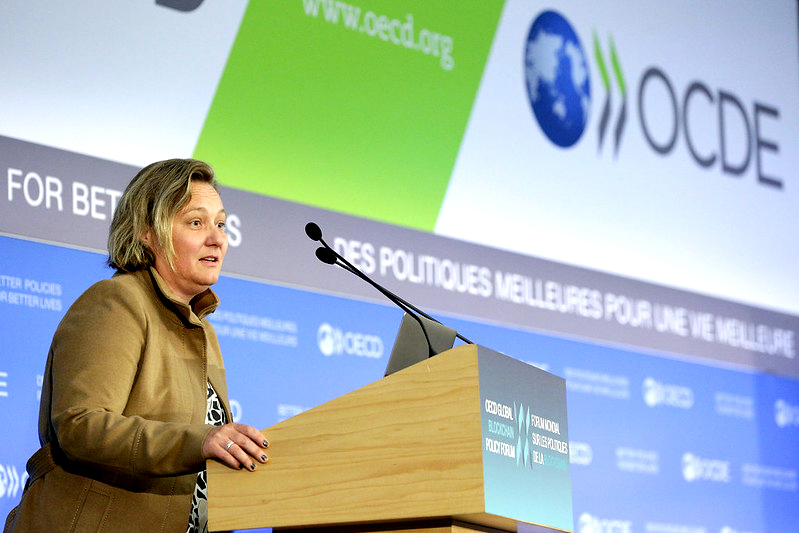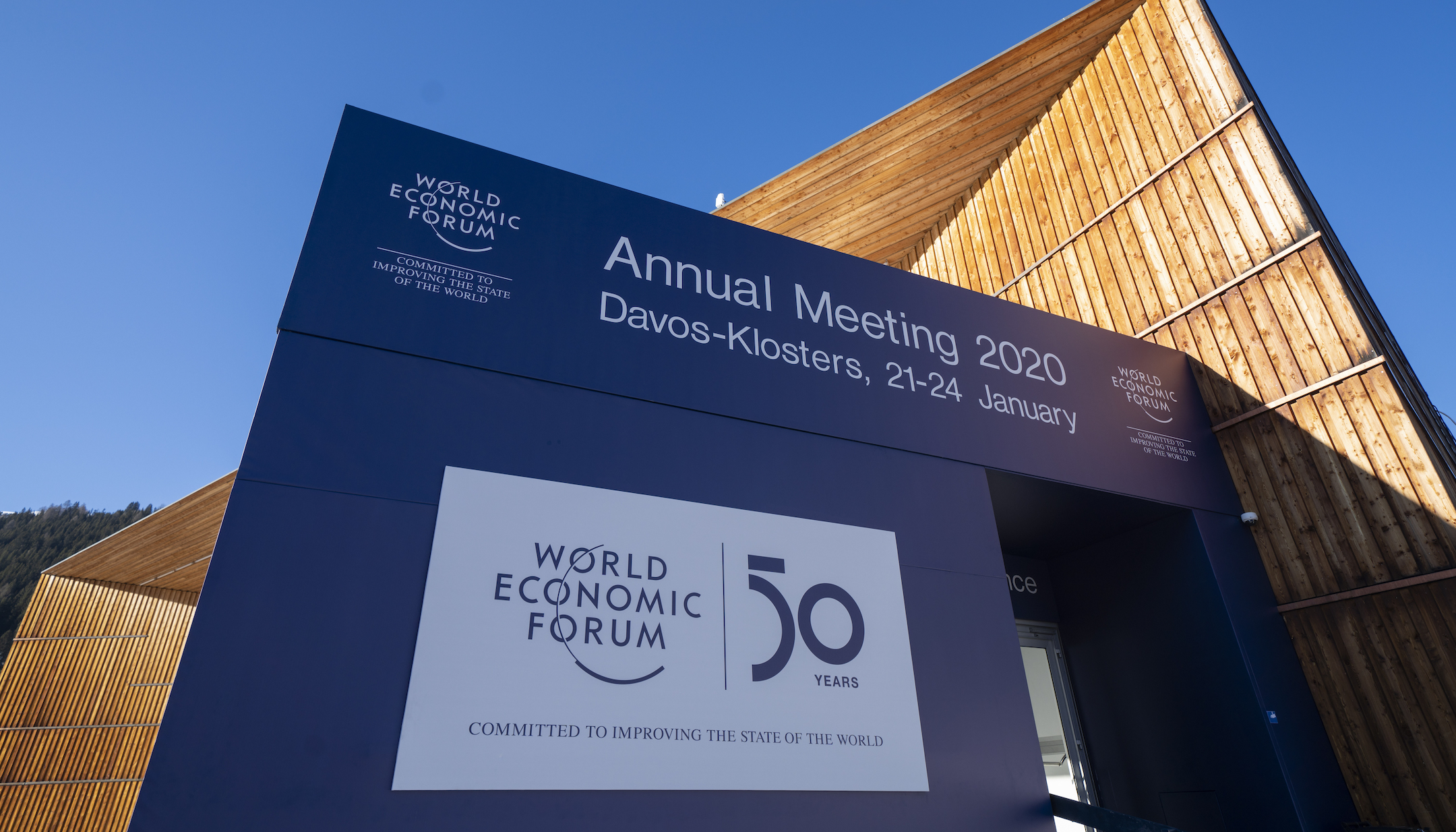BY OLIVER MACKAY
// Product Owner Circular Economy
Global total waste is on course to grow 70% by 2050, while each human being creates an average of 500kg of waste per year. Nonetheless, we are only recycling around 20% of our global plastic waste.
We need new systems to motivate the significant behavioural changes required to make change. It is imperative that new mechanisms be established to ensure ongoing value is derived from our waste.
Everledger developed a mechanism that supports businesses who actively choose supply chains that enable a circular economy model. In early 2020, Everledger completed a pilot project with a team of partner companies in Queensland, Australia, that were brought together as part of the Circular Economy Lab, an initiative involving 27 industry partners supported by the Australian government. The team of five companies set out to successfully demonstrate a validated circular material flow and connect material throughput to authenticated recycling outcomes.
In order to achieve this, the team digitally tracked recycled PET plastic containers that had been processed through the Containers for Change scheme in Queensland. These plastic bottles were tracked throughout their transformative journey as they were washed and flaked and then turned into food trays to be sold back into the Queensland retail market. Data was captured at each stage of the process providing insight into the history of the material, how it was distributed, which locations it visited and what it was used for.
Everledger logged a record of each validated event in the journey of the recycled plastic material to the blockchain.
Blockchain technology allows authorised users to submit data and validate information which is unable to be manipulated by any single party. So when there is a record of an event occurring and associated data is logged to the chain, that event is immutable and a record of the event occurrence can be viewed across permissioned networks, based on agreed-upon privacy settings.
This means we can retrace the entire history of the object on the supply chain, maintaining a validated log of events available to permissioned users, at the touch of a smartphone. This functionality is relevant and useful for recycling since it provides a fundamental foundation for any verifiable and defensible claims that might be made about products. In this case, we provided multiple evidence points that support a claim that the second life product included recycled Queensland plastic material.
If regions and industries are to effectively transfer from a linear economy to a circular one, the interconnecting of data can be the spark that catalyses them into self perpetuation. Within these new ecosystems, traceability mechanisms and Chain of Custody (CoC) models can substantiate any content claims that stakeholders within the value chain may wish to make. Evidence points generated through these models and mechanisms provide evidence that recycled material or ‘waste’ remains in-play as a continuing resource and doesn’t end up being stockpiled or enter landfill.
While evidence of responsible handling and validated claims is important, traceability mechanisms can support insights upon insights through connecting data that was previously siloed. When we allocate a digital identity to materials at batch or component level and follow it through a value chain, we are able to capture information from primary production all the way through to its use and ultimately to its disposal or re-use in the future.
Sustainability
By having visibility of all the actors involved in handling this material, we can collate sustainability credentials and allow primary stakeholders the opportunity to assess and report on their appointed suppliers’ approach to human and environmental sustainability factors.
Additional transparency of material flows could allow industry and government entities to access more data to build out reliable life cycle analyses and assess the environmental impacts of a product or value chain more accurately.
Efficiencies
The ecosystem of partners, enabled by the resulting decentralised trust platform on the blockchain, can use smart contracts to track and automate transactions without the need for a centralized authority. There is untapped potential to drive efficiencies and reduce costs with cross-industry blockchain applications for their supply chains. This enhanced ‘layer of transparency’ on the blockchain also supports further data insights on material flows, facilitating the prevention of fraud.
Engagement
Product provenance is becoming a requirement for today’s consumers. They want to know the products they purchase are produced with high levels of environmental and social responsibility. Increased transparency over the production process enables the industry to share information with consumers that allows them to connect more deeply with the narrative of a product and buy-in more fully to the values of a brand.
Traceability may not be a panacea, and many industries are motivated to remain opaque. Yet, those with a ‘no more business as usual’ mindset, which are committed to sustainable practices, will see the opportunities that validated traceability enables in today’s more transparent and accountable economy. What if change could be catalysed by enabling producers of waste to connect to 2nd life outcomes, including recycling and beyond? If consumers and industry are given opportunities to consume their own waste via validated material circularity then perhaps we can improve on our current trajectory.










